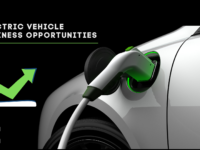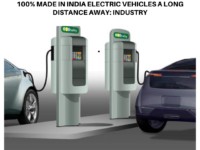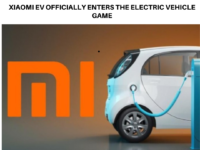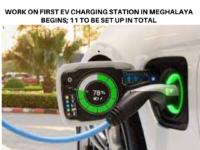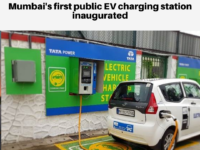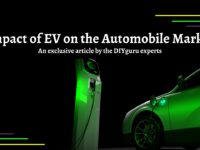Welcome to SHIFT Basics, a collection of tips, explainers, guides, and advice to keep you up to speed with mobility tech.
I’ve been watching a lot of electric vehicle restomod videos on YouTube lately. There’s something quite cathartic about watching a rusted old heap transform into a zero emission beauty.
The principles behind electric restomods are simple: take an old car, restore it aesthetically, remove the old engine, fabricate some custom mounts, and throw in an electric motor and some batteries.
In reality, it’s never that simple. There are quite a few more vital components that need to be installed. One that gets mentioned a fair bit, is the battery management system (BMS). But what is it, and what does it do?
It’s all about safety
Its name is kind of self explanatory… the battery management system manages your EV’s high-voltage battery — the big block that makes it ‘go’ — but there’s actually a lot more to it than that.
The reason why many are baffled by battery management systems (BMS) is because it’s basically new tech. There’s not really an equivalent in earth-killing gas cars, but we could say it’s like the ECU. Overseeing what the car is doing, watching out for component failures, and relaying information about fuel economy back to the driver.

In essence though, the BMS in an EV is a critical safety feature.
In hardware terms, the BMS is a collection of purpose built circuit boards and processors that compute input from the battery, and provide an output that either tells the driver something, or tells another part of the car to do something.
It’s there to keep a watchful eye over what your EV’s battery is doing, how it’s feeling, and y’know just generally relaying its vibe.
Seriously though, high-voltage EV batteries are dangerous bits of kit when they don’t operate within set parameters. If batteries aren’t looked after, they could catch fire, overheat, or become unusable — so the BMS makes you and the EV less dead.
What’s it doing?
For a BMS to work effectively it needs data; it needs to know what’s happening in the battery constantly.
A BMS will take regular readings of temperature, voltage, current, and even coolant flow, so that it can make sure the power pack is operating safely. It will also calculate the battery’s charge level, and relay that to the driver, so they know their range.
When it comes to voltage, the BMS doesn’t just monitor the overall voltage of the battery. It can monitor individual cells and packs. If a cell fails, the BMS will be able to identify it, and stop using it to ensure it doesn’t become a hazard.
The BMS will also monitor the flow of electricity in and out of the battery. For example, when fast-charging, the BMS will ensure the battery is receiving the correct amount of volts to charge as fast as possible without damaging the individual cells.

One of the most important things that a BMS does is monitor the battery’s thermal state. To do this, the BMS continually reads the battery’s overall average temperature, coolant temperatures, and even the temperatures of individual cells.
Lithium-ion cells used in EV batteries last longest and charge best when kept within predetermined temperature limits.
It’s the BMS’ job to continually monitor the battery, and step in if it’s getting too hot. In EVs with active cooling, the BMS can trigger battery cooling systems to ensure its safe operation.
On hot days, when fast-charging, it’s quite common to hear an EV’s cooling system kick into action to keep the batteries at a safe temperature.
It’s a brain
Whilst the battery management system is primarily concerned with monitoring an EV’s battery, it does so much more than that.
It interacts with a host of other important components such as the internal charging controller, the motors, and external chargers, too.
In all these cases the BMS checks in with battery, to make sure it’s operating as it should, before communicating with the other components to tell them it’s ok to draw power.
Without a BMS, batteries would be unsafe, wouldn’t last very long, and EVs just wouldn’t work. Spare it a thought sometime.
Join our list
Subscribe to our mailing list and get interesting stuff and updates to your email inbox.



